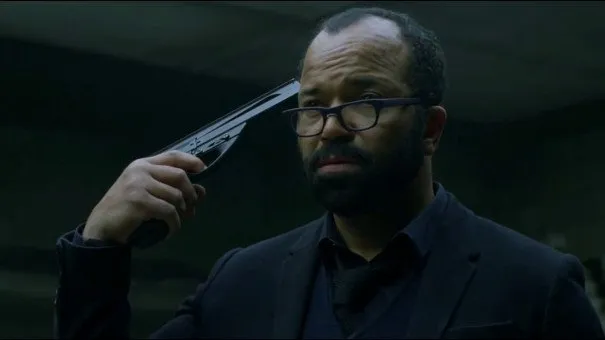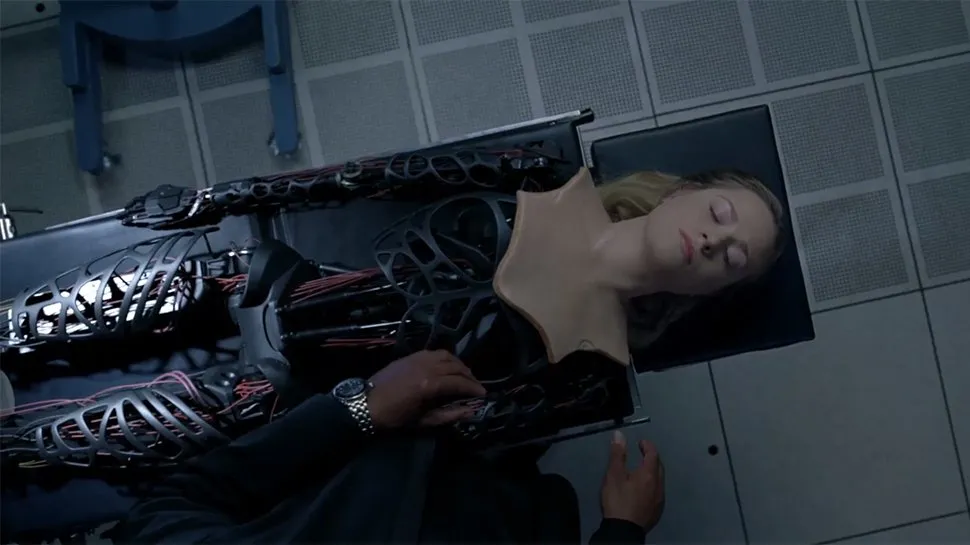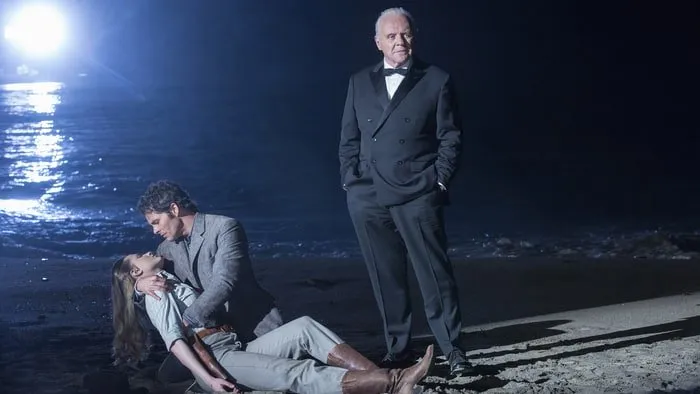Philosophy is often summarized to its illustrious authors and their immense works. It interferes however in our daily life and even in our leisures. I propose you to enter the philosophy of a universe well known to all, that of series!
WestWorld is an event series, the first season of which was released in October 2016. The story centers on a futuristic park where robots with human traits interact to the delight of visitors wanting to discover the Western scenarios that are programmed. In this world, customers can realize with these robots their darkest desires or fantasies. Now these "machines" called "hosts" develop a consciousness. How can these beings, whose consciousness emerges, be subjected to acts beyond the understanding? This problem, introduced from the beginning of the series, thus bears witness to a much greater philosophical depth than we are allowed to imagine.

A daydream
At the beginning of the park the robots developed no consciousness and answered the question of their existence by a basic sentence: "I am in a dream". This lack of discernment between dream and reality on the part of the hosts recalls what Descartes says from the seventeenth century: the latter part of the assumption that what we are currently living could be only a dream, that everything is illusion; we would then be deceived by a "bad genius"; his permanent doubt will guide him to a first unmistakable fact: "cogito ergo sum", "I think so I am". This foundation of Cartesian philosophy is based on thought from the consciousness, the element that is well and truly missing for the hosts who are locked in their "dreams". Man is thus perceived as this "evil genius" who deludes them, manipulates them by programming their actions.
Robotic awareness
"We gave a past to all the guests", a "basic memory". These few words from the park's creator, Ford, reflect ideas from Hume and Bergson. Indeed, Hume assumes that our consciousness is linked to reality, linked to lived experience, or how to link a machine to the outside world? Ford does this successfully by integrating into the programming of the robot real images that will create in him an empirical consciousness, that is to say that arises from an event that he would have lived. For Bergson, "consciousness means first of all memory," because for him memory is the basis of action, gestures that testify to the freedom of a living being. Were the founders of WestWorld inspired?
The question of the emergence of a conscience is still one of the major intrigues of the series. Thus, several theories are proposed. First, given the fact that consciousness is no longer solely attributed to men, we are no longer this anthropological exception but beings at the top of a scale of consciousness. The series thus takes up this evolutionist theory supported by Bergson, then adds the androids who can be at the same level of consciousness as the man if their last was completed. Indeed their consciousness is only nascent, many mysteries hover around the development and intellectual autonomy of our dear robots. For some it requires climbing a pyramid from memory to improvisation to the personal interest of the subject, for others ...

We will not reveal more so not to spoil the key moments of the series. However robots have a central place and even a potential that they could compete with humans. A status that, for the majority of us, could be very unpleasant because we are the reigning species that shaped the Earth in our image ...
An anthropological pride pushed to its extreme
The series spares us very little and shows our darkest facets: violence, rape, murder. The park is seen as a cathartic way that allows humans to externalize their impulses through robots. They see themselves as true gods, immune to the "hosts". The creator of the park clearly explains this status through these words: "humans are not alone by chance. We eradicated everything that threatened our supremacy. We have destroyed and enslaved our world. How not to think here of the thesis of ethnocentrism? Levi-Strauss describes this principle as deeply rooted in each of us, which pushes us to reject other species or even other cultures. Robots can be related to this new species raising problems by the emergence of their consciousness. This is why man seeks to control them by programming, so that the new species, immortal and intelligent, will take over. Man tries to appropriate everything, especially nature. For Hegel, our work is the source of a humanization, a transformation of our environment to liberate itself, to find an independence, but also for unfortunately unglamorous ends as the series shows.

Under the portico of the Stoics
If the hosts are central in the philosophical analysis of the series, the "WestWorld" in itself can get closer to a philosophical thesis. Dolores, robot and heroine of the series, demonstrates this through the description of her environment:
"Some people choose to see ugliness, confusion. I choose to see the beauty. To believe that our life is structured, that it makes sense. "
These few sentences would have been approved by Seneca or Marcus Aurelius. And for good reason: she describes Westworld as a cosmos, a Stoic vision of our world where it is described for its beauty, its perfect organization giving a place to each of us. Dolores is thus part of a long line of philosophical thought inherited from Zénon de Citium.
You'll understand, WestWorld is not just a Western with some shootings. Questions about our place in the world, especially in relation to technological advances, show the surprising philosophical depth of this series. If you are given the opportunity to watch the first season, it will probably open other visions or ideas from a concept much less distant than it seems: philosophy!